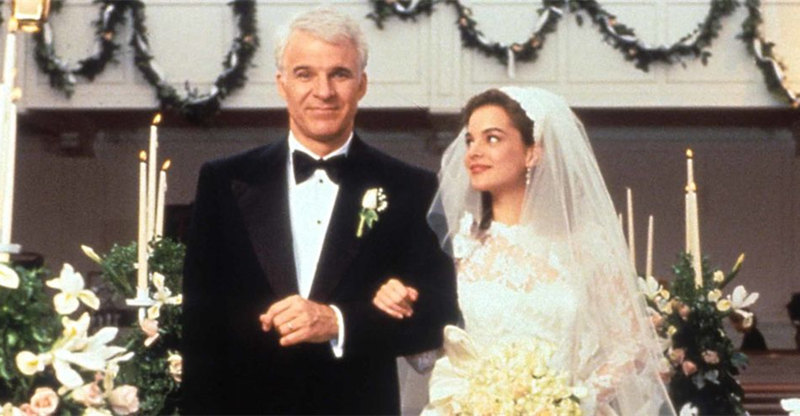With many historical epics, there’s an unwritten playbook. Focus on the important personages, keep the visual vocabulary grand and sweeping, present the larger picture. Be epic.
In the new French-language release “Farewell, My Queen,” director Benoit Jacquot steps away from all of those strictures for an intimate portrait relentlessly focused on a single person, a lady-in-waiting for Marie Antoinette in the days immediately after the storming of the Bastille, at the dawn of the French Revolution.
Lea Seydoux plays Sidonie Laborde, literature selector and reader for the queen, and busy navigating her way through the servant-class drama and intrigues of court life. Because of her position, she is privy to tales of her employer’s vice, including an affair with a married woman, Countess Gabrielle Polignac (Virginie Ledoyen). This affair brings into sharp relief her own desires for Antoinette (Diane Kruger) and the related jealousy of the Countess. The sudden turmoil and danger of revolution in Paris raises the stakes to life or death, and Sidonie is forced to weigh her loyalties, and her love for the queen, against her safety as the days of the royal court become clearly numbered.
Everything in the film is presented from Sidonie’s perspective, and Seydoux is in every scene for the 100-minute running time. From both the back-stairs of servant life, and the bedecked rooms of the royalty, Jacquot keeps her story almost entirely within the confines of Versailles. No sweeping vistas of the mobs storming the battlements and taking wigged heads, but instead, a more intimate scale, the personal currency of conversations in corridors and bedrooms, even in the larger crowd scenes.
In the script by Jacquot and Gilles Taurand, from the award-winning novel by Chantal Thomas, viewers hit the ground running, with intrigues and backstory assumed, which makes for a tricky first half-hour in establishing the names, faces and relationships. But patience has its rewards, and as the relationships become clearer, “Farewell” becomes an intriguing study of loyalty and secrets, and the price one pays for both.
By design, Sidonie is outwardly something of a mystery for most of the film, not revealing much in the way of personal detail or overt emotion. In her performance, Seydoux carries her heart not on her sleeve but in the undercurrents of small gestures and the play of glances. The apparent emotional reserve at the core of her character carries over to much of the film, resulting in a kind of distance that some may find off-putting, intellect over heart.
As the mercurial Antoinette, Diane Kruger finds surprising sympathy and threads of tenderness in an historical figure heavily weighted in the public mind with “let them eat cake” hubris. And there’s that doomed-to-soon-be-a-foot-shorter thing, too, that informs her dialogue with extra import and sadness.
Costume design is just as beautiful and effective as expected given the historical period, and the wig budget alone would break a lesser film. The restless camera work and photography by Romain Winding, and restrained use of a dramatic swirling musical score by Bruno Colais heightens the almost documentary feel of place and incident.
Video:
“Farewell, My Queen” is presented in widescreen 2.35:1 ratio. The highly varied qualities of light in the cinematography (bright sun, shadow, candlelight, firelight, dim corridors) are crisp and evocative on this disc. There are English subtitles.
Audio:
The audio track is available in both French 5.1 Dolby Digital and French 2.0 Dolby Stereo, and capably handles the hushed, intimate sound quality of much of the dialogue.
Extras:
- Theatrical trailer
- A dry but interesting interview with director Benoit Jacquot by Kent Jones, the director of the New York Film Festival. They discuss the source novel, the casting of Lea Seydoux, Sofia Coppola’s “Marie Antoinette”, and the directorial decisions that inform the film.
- On-set footage and interview with Jacquot and cast memberss that focuses on the characters and situation of “Farewell, My Queen.” The interview segments are a mixed bag, content and sound-wise, and the interviewer is a bit of a show-biz putz.
Parting thoughts:
Though it’s perhaps guilty of emboldening historical rumor into a full-fledged plot element, the French-language feature “Farewell, My Queen” successfully mines a smart, fresh experience out of familiar ground, with a bright and fervent performance by Diane Kruger as Marie Antoinette. Breaking the unwritten rules of costume drama has its rewards.


